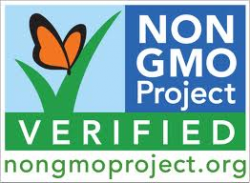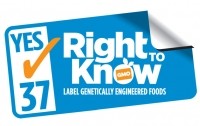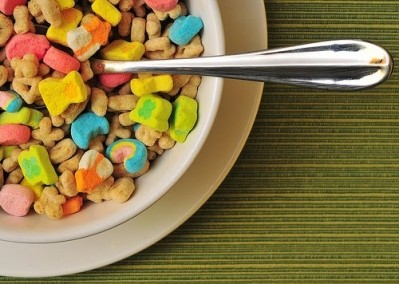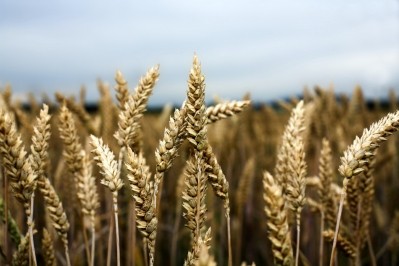Kellogg and General Mills defend themselves against January anti-GMO campaign

Anti-GMO campaign coalition GMO Inside has launched a fresh campaign for 2013 and for the month of January will be focused on Kellogg’s and General Mills.
“Putting Kellogg’s and General Mills under our January spotlight is part of GMO Inside’s commitment to educate consumers about which products are likely to have GMO ingredients. We’ll call attention to new products every month,” Elizabeth O’Connell, campaign director at GMO Inside, said.
The campaign has called on both companies to either label GMO ingredients or remove them.
GMOs are safe and can help feed the world, says Kellogg
Kris Charles, spokesperson for The Kellogg Company defended its use of GMOs.
“Leading health organizations worldwide have concluded that GMOs are safe. They require fewer pesticides, provide improved nutrition and, with increased yields, will help feed the world’s every-increasing population,” Charles told BakeryandSnacks.com.
“We continue to actively monitor the science, regulations and our consumers’ preferences on this topic,” he continued.
He said that Kellogg’s Kashi brand offers a variety of Non-GMO Project Verified options for those US consumers looking for an alternative.
Kellogg's Kashi brand did face a lawsuit back in 2011 against its 'all natural' claims and its cereal brand was a topic of conversation back in April 2012 after products were pulled from a grocery store in Portsmouth after genetically modified (GM) ingredients were identified.
Following this, Kellogg had seven Kashi cereal products verified as non-GMO under the Non-GMO Project.
GMO labeling calls
In November last year, California’s Proposition 37 (Prop 37) received a 'No' vote after it called on companies to disclose foods sold in the state that were ‘genetically engineered’ (for raw agricultural commodities) or ‘may have been entirely or partially produced with genetic engineering’ (for processed foods or supplements).
Supporters claimed that consumers have a right to know what is in their food but opponents argued it would lead to a tidal wave of frivolous lawsuits and raise grocery bills without providing any health or safety benefits.
Responding to the latest anti-GMO campaign in an emailed statement, General Mills said: “We have long opposed state-by-state labeling, as we openly and transparently explained on our website months ago. We were not alone in taking that position. Most of the food industry opposed Prop 37 for the same reasons.”
“Some of those unhappy with Proposition 37’s defeat are now targeting companies that opposed it. But we remain opposed to state-by-state labeling, for the reasons we’ve explained,” it continued.
Anti-GMO gains momentum
Despite the ‘No’ vote on Prop 37, food ingredients marketing group the Scoular Group told our sister site FoodNavigator-USA last year at Supply Side West that the momentum behind sourcing non-GMO ingredients remains as strong as ever, with non-GMO Project verified sales up 66%. This, it said, was driven by consumers looking for a choice of non-GMO products or labeled GMO content.










